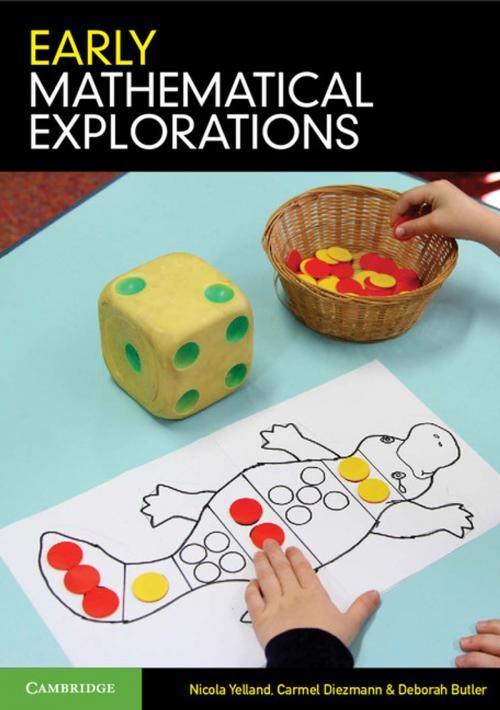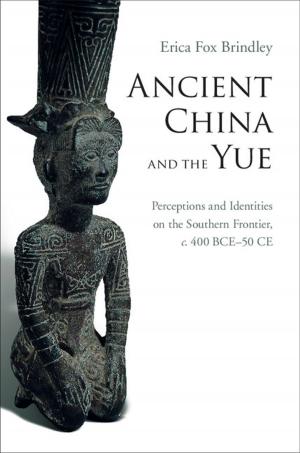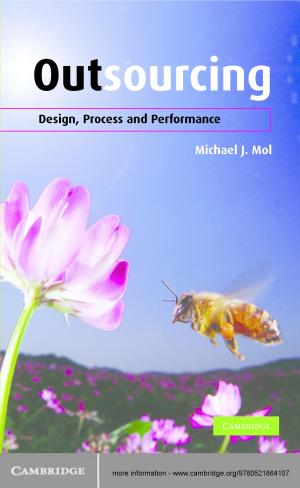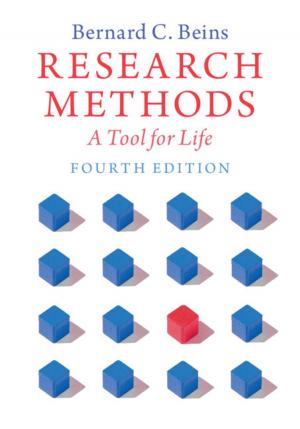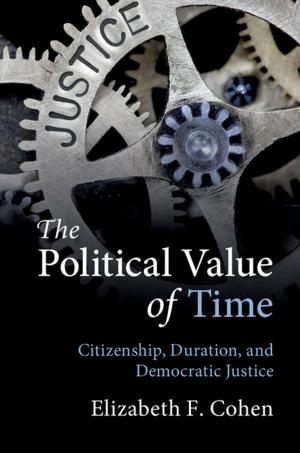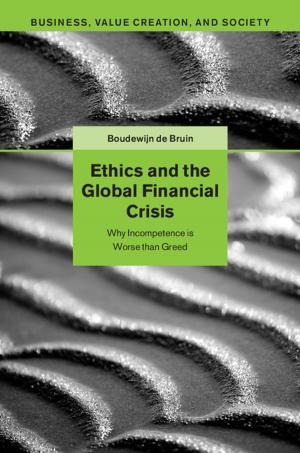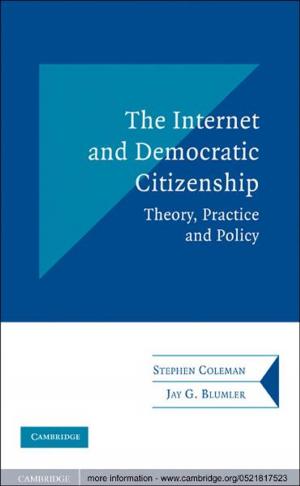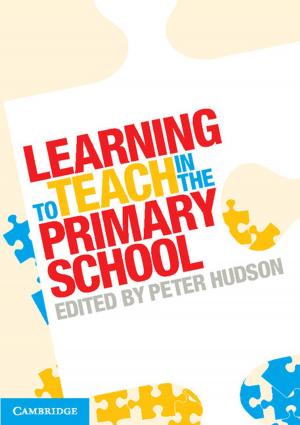| Author: | Nicola Yelland, Carmel Diezmann, Deborah Butler | ISBN: | 9781139862615 |
| Publisher: | Cambridge University Press | Publication: | February 17, 2014 |
| Imprint: | Cambridge University Press | Language: | English |
| Author: | Nicola Yelland, Carmel Diezmann, Deborah Butler |
| ISBN: | 9781139862615 |
| Publisher: | Cambridge University Press |
| Publication: | February 17, 2014 |
| Imprint: | Cambridge University Press |
| Language: | English |
Early Mathematical Explorations shows readers how to provide young children with rich mathematical learning environments and experiences. This book presents teachers with a sound theoretical framework to encourage children to become numerate in the twenty-first century. It shows that mathematical learning can occur in a variety of ways, including when children explore ideas through play, problem solving and problem posing; engage in a rich variety of multimodal learning experiences; pursue self-directed activities and cooperate with others; and make connections between ideas and experiences in their everyday worlds. Chapters 2 and 3 explore the ways in which mathematical understandings can be supported from birth to five years. Chapters 4–9 provide an overview of mathematics in the early primary years. The final chapters illustrate the contexts and connections that can be made in early mathematical learning. Early Mathematical Explorations is an essential resource for pre- and in-service teachers alike.
Early Mathematical Explorations shows readers how to provide young children with rich mathematical learning environments and experiences. This book presents teachers with a sound theoretical framework to encourage children to become numerate in the twenty-first century. It shows that mathematical learning can occur in a variety of ways, including when children explore ideas through play, problem solving and problem posing; engage in a rich variety of multimodal learning experiences; pursue self-directed activities and cooperate with others; and make connections between ideas and experiences in their everyday worlds. Chapters 2 and 3 explore the ways in which mathematical understandings can be supported from birth to five years. Chapters 4–9 provide an overview of mathematics in the early primary years. The final chapters illustrate the contexts and connections that can be made in early mathematical learning. Early Mathematical Explorations is an essential resource for pre- and in-service teachers alike.
